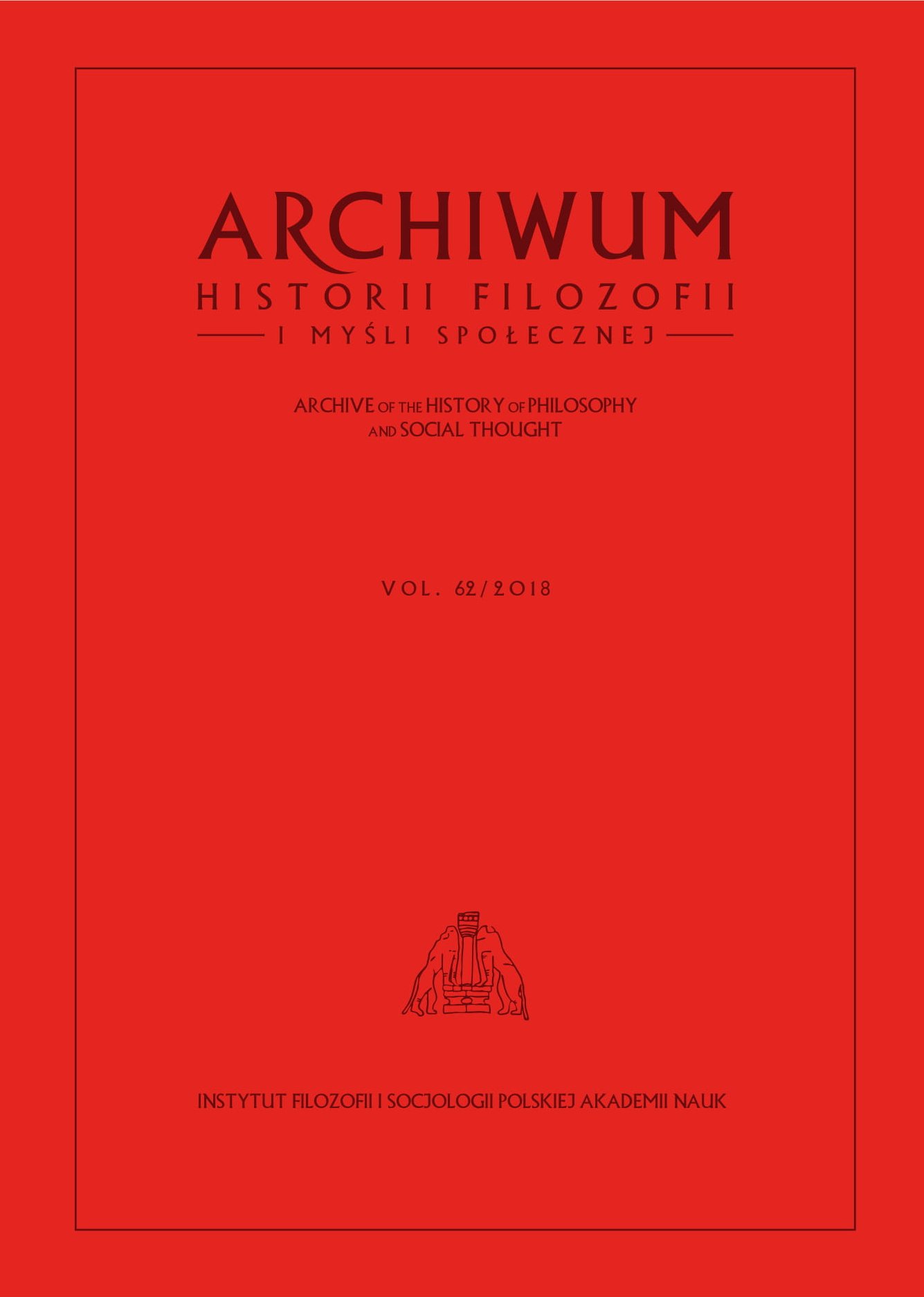Logos w Sofiście Platona
The Logos in Plato’s Sophist
Author(s): Michel FattalSubject(s): Syntax, Semantics, Philosophy of Language, Ontology
Published by: Instytut Filozofii i Socjologii Polskiej Akademii Nauk
Keywords: Logos; the Sophist; conditions of a true and a false speech; megista genè; power of communication; dialectic; relation;
Summary/Abstract: Trying to prove against the sophists that the false speech exists, Plato gives us progressively and for the first time, through this dialogue, a clear definition of Logos as “proposition”, and let us discover the fundamental role played by the megista genè in order to explain the false and the true speech. In other terms, the originality of the Sophist lies in showing the semantical, syntaxical, logical and eidetical (or thematical) conditions of a correct or a true logos where “being” and “alterity”, characterized by a certain dynamism – which is new comparing to the classical dialogues – define the complexity of speech in general and let us grasp the complexity of reality. Through the importance assigned to alterity, to multiplicity and to the “power of communication” (dunamis koinônias in 251e 8, dunamis epikoinonias in 252d 2–3) of eidè and genè, ordered by the science of the philosopher (dialectic), Plato offers a new ontology related to his accomplished theory of language where “relation” seems central.
Journal: Archiwum Historii Filozofii i Myśli Społecznej
- Issue Year: 62/2017
- Issue No: 62
- Page Range: 25-53
- Page Count: 29
- Language: Polish

